Afghanistan: Claims of beheadings and sex slaves
Despite pledges to be magnanimous, the Taliban are accused of murdering prisoners, gouging out eyes and executing hundreds.
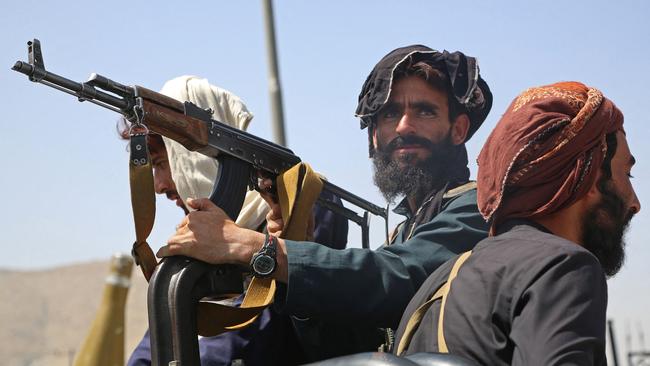
Reports of Taliban atrocities have spread across Afghanistan since the insurgents launched their final offensive.
Despite pledges to be magnanimous, the Taliban have been accused of beheading prisoners, gouging out eyes and executing hundreds.
Fleeing civilians have brought tales of girls forced into marriage or kidnapped as sex slaves. Video on social media shows Islamists pumping machinegun rounds into the bodies of captured Afghan policemen.
Seeking international recognition for the new Islamic emirate, the Taliban sought to distance themselves from the brutal regime of the 1990s.
“The Islamic emirate of Afghanistan has announced a complete amnesty for all Afghanistan, especially those who were with the opposition or supported the occupiers for years,” said Enamullah Samangani, of the Taliban’s cultural commission.
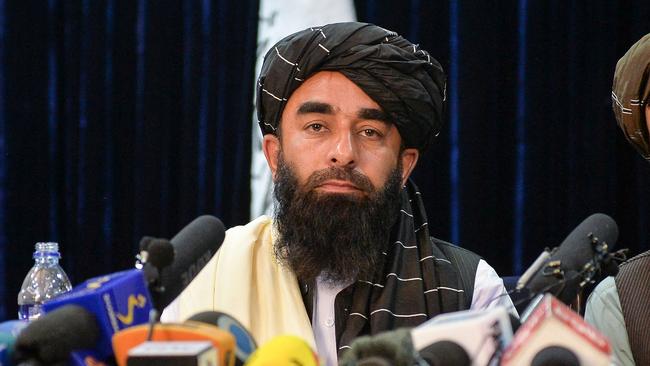
His comments were the first sign of how the group might govern. They come as the militants negotiate with officials from the fallen government of President Ghani while the Taliban are set to hold their first meetings with foreign diplomats. Dmitry Zhirnov, the Russian ambassador, was due to meet the Taliban in Kabul yesterday, with President Putin’s Afghan envoy, Zamir Kabulov, telling Russian media Moscow was watching to see “how responsibly they govern the country”.
With an eye on his global audience, Samangani made reference to women, claiming the Taliban “doesn’t want the women to be the victims any more.
“The Islamic emirate of Afghanistan is ready to provide women with an environment to work and study, and the presence of women in different [government] structures according to Islamic law,” Samangani said.
Afghans are suspicious, however, after the savagery of the campaign that preceded the fall of Kabul. Reports of horrific crimes have poured out of Taliban-held areas since early July.
Some of the worst atrocities were in the southern province of Kandahar, birthplace of the Taliban in 1994 and the spiritual home of the movement. In Spin Boldak, on the Pakistan border, the Taliban are accused of executing up to 1,000 people as they hunted officials and troops.
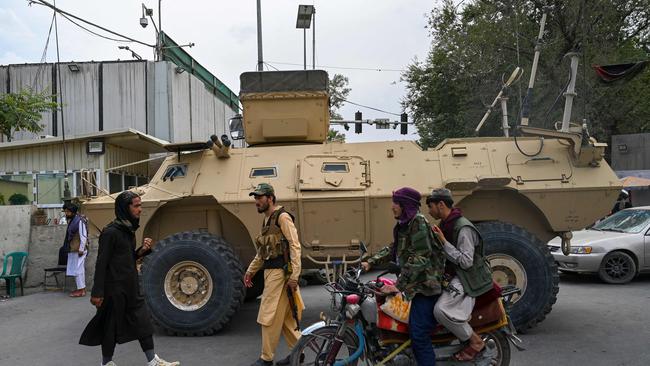
A comedian, Nazar Mohammad, was dragged from his home and his throat was cut after he was captured in Kandahar last month, with pictures of his body posted online. One man accused of working as a translator for the US military was said to have been beheaded, a reminder of the fate that could befall the Afghans who worked with NATO forces and embassies, as western powers struggle to evacuate staff.
The Taliban has denied the claims, but Human Rights Watch reported that tribal elders, religious scholars and civil activists were among hundreds rounded up and killed in Kandahar last month. The reports have fuelled the refugee crisis. More than a million people have been displaced, with tens of thousands fleeing the country.
Even before the final onslaught, the Taliban were accused of brutal assassinations. Two female judges with the Afghan Supreme Court were shot dead in January. The Taliban denied responsibility, but Afghan officials were convinced the campaign aimed to terrorise women out of the workplace.
Also executed in Kabul was Abu Omar Khorasani, the former South Asia commander for Islamic State.
The Times

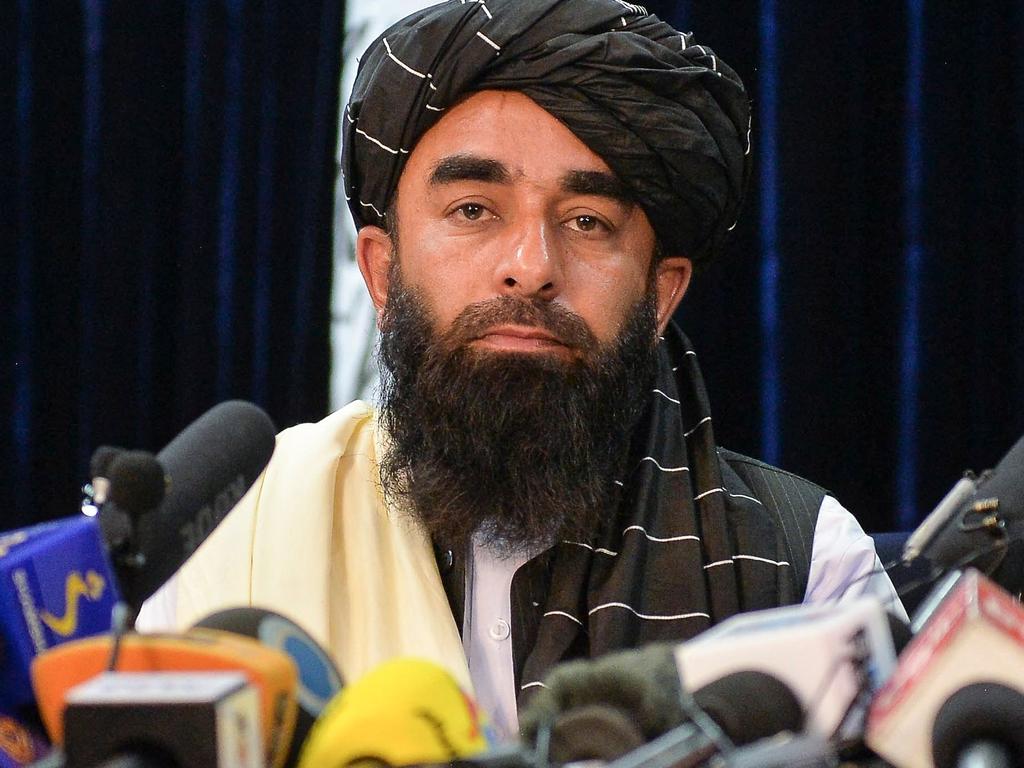

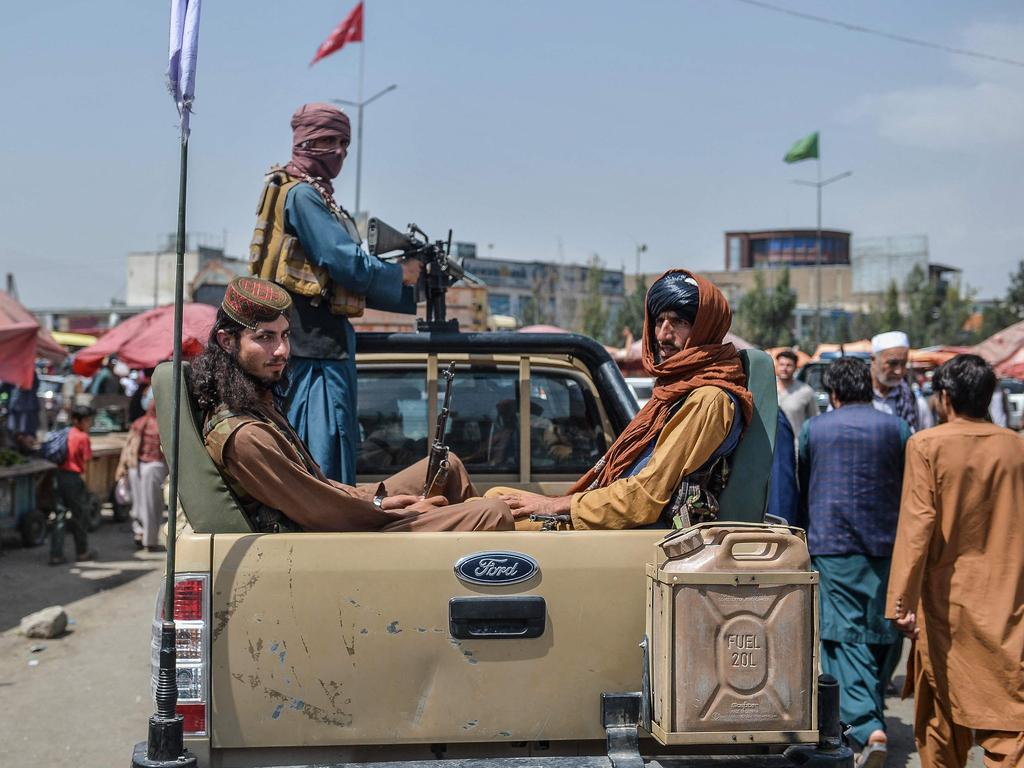
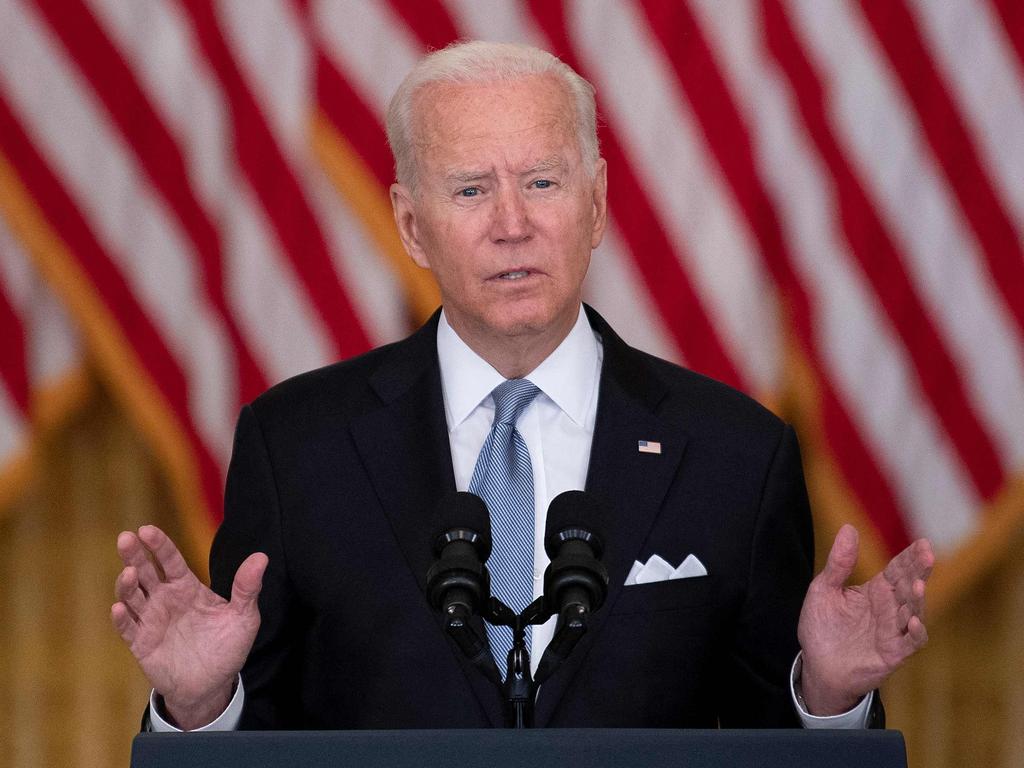


To join the conversation, please log in. Don't have an account? Register
Join the conversation, you are commenting as Logout